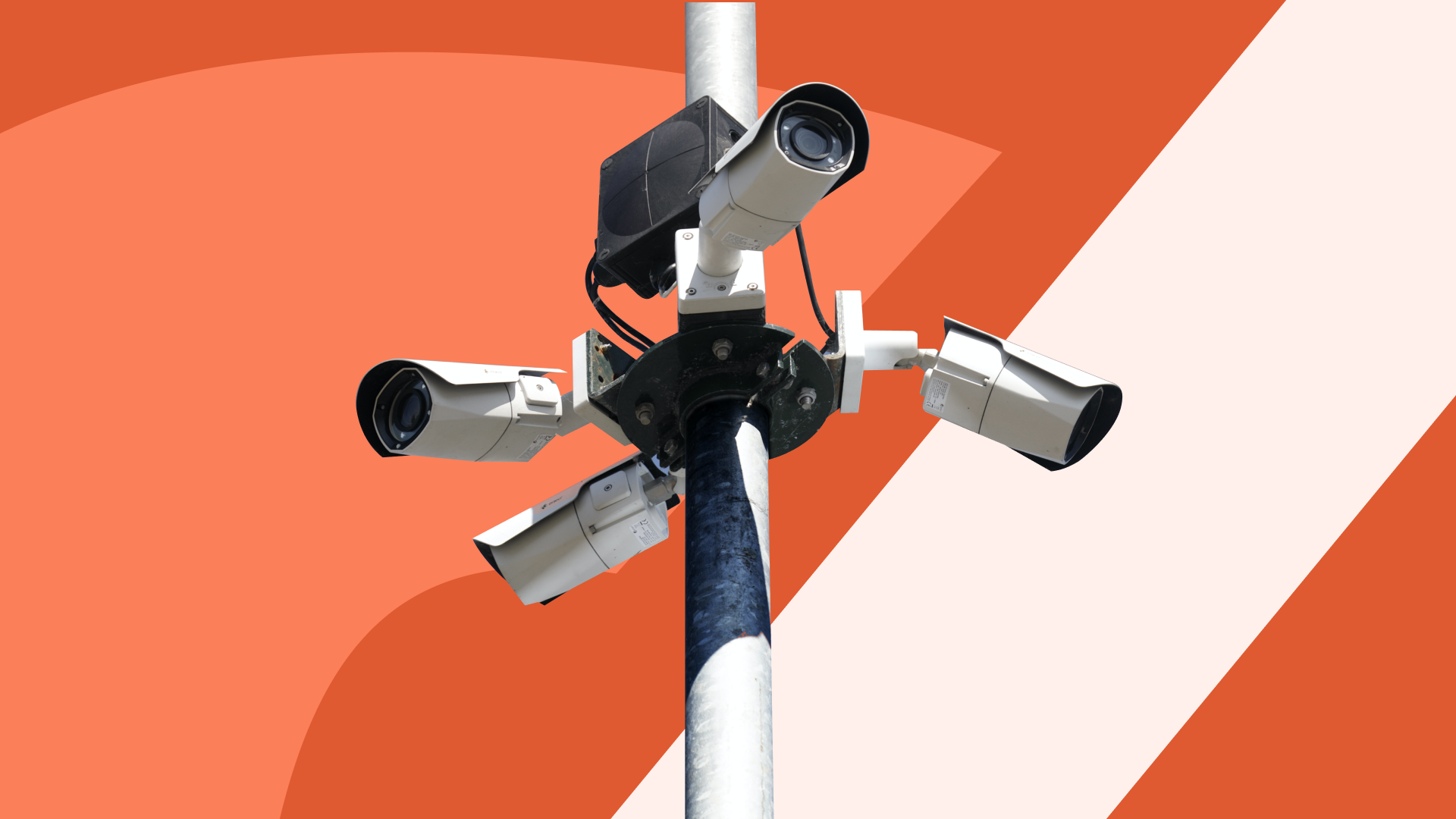Breaches in payroll security systems can cause major losses for a business. According to the Association for Certified Fraud Examiners (ACFE), the average case of payroll fraud can last up to two years and result in business losses of up to $62,400. As a business, the two biggest threats to payroll security are internal workers with access to classified information and outside hackers who gain access to accounts by stealing passwords.
Companies must ensure that they are keeping their employee and business data safe at all times as part of best practices within payroll security. Even the slightest data breach can put confidential information at serious risk of being hacked or stolen.
Payroll security: Employer tips
First, let’s explore tips for employers to maintain payroll security.
Review common sense security practices
With the advances in technology, remote work has become common among today’s workforce. Most employees have the luxury of working from anywhere, but without proper training, working from home could be a recipe for security breach disasters.
During the initial training process, focus heavily on maintaining your company's security and integrity through common sense practices. Even a simple reminder at an all-hands meeting can help. The more comprehensive the training, the better the results will be.
Make sure that they aren’t leaving their laptop open or unattended in public or co-working spaces. Tell them to always log out of their computer when they walk away. Remind them not to take photos of confidential information.
Train your employees to look for red flags and keep your company information secure. One of the most common mistakes that hackers make when sending out phishing emails is using improper grammar or having misspellings in their emails. Train employees to always be on alert for real threats to security data breaches.
Give every employee a training course during their onboarding that highlights inconsistencies from hackers like:
Misspellings in email addresses
Urgent requests
Odd or unnatural greetings
Most importantly, encourage employees to carefully monitor external information requests – especially for their personal information like social security numbers. Many hackers try to gain easy access to people’s money by posing as banks or creditors.
Limit payroll access
One of the easiest ways to maintain your company’s payroll security and avoid issues is to limit who has direct access to payroll. Only certain employees or administrators managing payroll should have access to employees' social security numbers and bank accounts.
Make sure that only HR and admin employees have access to this information. Set up easy access control and other security measures so that this information can only be given by payroll administrators with permission.
Encourage employees to create strong passwords
Before payroll software became a mainstay, businesses used locked filing cabinets to keep important payroll and sensitive employee information secure.
Having employees use a strong password is equivalent to having a lock on your filing cabinet. Most security breaches occur because of weak passwords.
Encourage employees to set up a unique password that they only use for their job: the longer the password, the more secure. Make sure that employees use a mixture of upper and lower case letters as well as symbols and numbers to avoid hackers from guessing and breaching security. Most importantly, encourage employees to use a unique password for each account.
Another way to add another layer of security would be to use a single sign-on tool that has the same password across multiple platforms. These tools usually have some sort of two-step verification process.
Regularly audit employee time cards and pay stubs
Time-sheet fraud, data breaches, fake reimbursements, and other forms of fraud can cause serious payroll headaches. That’s why you need to perform a payroll security audit regularly.
A ghost employee is a fraudulent scheme designed to cash checks for someone who isn’t real or on your payroll. This type of scam can happen in larger global companies when they don’t have a centralized payroll or use different currencies to pay their employees around the world. Regularly checking employees pay rate, pay periods, and other information will keep you in compliance with tax and labor laws and ensure that no discrepancies arise on your end with the local tax agencies in your country. Closely monitor your employees’ time cards and align them with your payroll records.
Teach employees how to use a payroll system
Payroll information is an essential part of building and running HR. You should begin this process early on and create a payroll security manual to give to new hires on the payroll team when they begin their onboarding and training process.
Even employees who don’t directly work in the payroll department should understand exactly what payroll software your business uses and how to login and view their pay stubs.
Update your HR software and other tech tools
Keep all of your payroll security and technology updated at all times. You should constantly be scanning and looking for software updates, instead of waiting until the last minute to make changes.
If you use third-party integrations across multiple companies or data, double check that you have access to secured integrations.
What to look for in a payroll provider
Any type of payroll provider, whether they’re offering basic payroll, PEO, or EOR for international, should at the minimum ensure these payroll security protections.
Ensure employee and business data is protected
Smaller businesses are generally more likely to be targeted than bigger companies for breaches in employee and business data. They are more likely to make mistakes or not have the resources to protect Personal Identifiable Information (PII) such as social security numbers, bank account numbers, and addresses.
Make sure that the payroll solution that you choose ensures that all employee and business data is secured and protected.
Utilize two-factor authentication
Another easy way to protect the integrity of your business is to make sure to utilize two-factor authorization for payroll software, and any other third-party providers used for your business.
Two-factor authentication means that the employee has two different methods for knowing their login, which makes it easier to confirm their identity. This also makes it harder for attackers looking to compromise an account, even if they have somehow stolen the password to the account.
Comply with all tax and labor laws
Focus on building a strong HR team (both internally and externally), especially one that keeps up on ever-changing labor laws and regulations. Encourage your employees to ask questions and read articles about the latest security practices. This learning process can take many forms.
Outsourcing your payroll may be a great option to avoid any headaches, but you’ll need to make sure that the company you’re working with is reputable and following all of the given tax and labor compliance laws.
SOC compliance
SOC compliance is a type of certification (normally for third-party payroll providers and organizations) proving that a business has completed a third-party audit demonstrating they have the proper controls in place for managing finances.
If you or your management team are planning to hire a third-party payroll processing company to manage your payroll, make sure they have completed their SOC compliance.
There are three different types of SOC compliance audits:
SOC 1: Focuses solely on controls that affect the customer’s financial reporting. This ensures they are properly protecting the customer’s financial information.
SOC 2: More general and assesses service providers controls for various trust services like security, confidentiality, availability, and processing integrity and privacy.
SOC 3: SOC 3 is the same as SOC 2 compliance, but for higher-level companies and their shareholders. This type of SOC compliance is for more in-depth and higher profile businesses.
All payroll processing companies will need to meet SOC compliance at some level, so make sure that you research the company you plan to work with to assess your payroll security needs.
International payroll security laws
Before management begins the process of working with a global EOR like Justworks, using a third-party payroll processor, or opening an entity in another country and running your own payroll, you should do extensive research. If you decide not to partner with an EOR, you will probably need to hire a legal team to help you understand the payroll security laws in that country.
In Europe, there is the General Protection Data Protection Regulation (GDPR), which is a European law for all individuals in the EEA (European Economic Region). Per this law, businesses must protect all the personal and security information for those living in this region.
Brazil has a similar law called the General Data Protection Law (LGDP). LGDP is designed to unify 40 existing laws in a strategic effort to protect the processing of personal security and information of Brazilian individuals.
So, before you make the exciting leap to open a business in another country and run payroll, you’ll need to know exactly what laws are in place to protect the personal information of employees in those countries.
Justworks Can Help Manage Payroll
Choosing the right payroll provider to help you expand your business both in the US and internationally can be a game changer. At Justworks, we offer both PEO and EOR services as well as basic payroll services to ensure payroll security.
Justworks’ PEO has obtained all three SOC compliance certifications to ease payroll security concerns. When it comes to international teams, we have experts to ensure that your payroll is protected and that you’re remaining compliant abroad. Get started today!
FAQ
What is payroll security?
Payroll security means that you are taking steps to ensure that sensitive company information and employee information is protected. You want to make sure that outside hackers and other unauthorized users don't leverage this information to commit fraud. With hackers, anything is possible.
Why is security important for payroll?
Security is important for payroll because it helps protect your business against fraud and identity theft. If your payroll isn’t secure, then outside sources can access personal information (like bank accounts and social security numbers) for illegal purposes.
What are the four types of payroll?
The four types of payroll are: in-house payroll, bookkeepers and CPA managed payroll, agency managed payroll (third-party), and software managed payroll.
How can I protect my payroll data?
There are a lot of steps to protect your payroll data, including always logging out of company information, limiting access to payroll data, security training on payroll for employees, changing passwords, and using common sense.
Learn more with Justworks’ Resources
Scale your business and build your team — no matter which way it grows. Access the tools, perks, and resources to help you stay compliant and grow in all 50 states.







